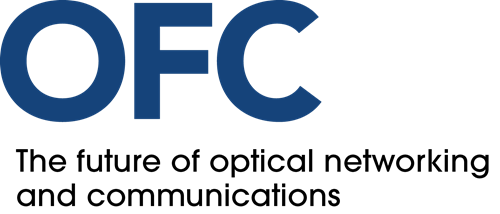SC542 - Generative AI Essentials for Telecommunications: from Fundamentals to Implementation
16 Mar 2026
13:30 - 17:30
Short Course Level
Intermediate
Short Course Description
Generative AI (GenAI) is transforming how telecom networks are operated, optimized, and experienced by customers. Traditional network operations rely heavily on manual processes, static rules, and siloed data sources. By contrast, GenAI enables autonomous, intelligent, and context-aware interactions across the telecom stack - from network observability to predictive maintenance and customer experience personalization.
This course introduces fundamental generative AI technologies, including prompt engineering, Retrieval Augmented Generation (RAG), fine-tuning, pre-training, agents and multi-agent systems. We will discuss how these technologies can be used to design, deploy, and scale GenAI-powered networks.
The first half of the course (2 hours) covers core GenAI concepts and foundational technologies. Students will learn
- The principles of prompt engineering & LLMs
- RAG architecture
- Fine-tuning and pre-training
- Agents and various multi-agent system patterns
- Model Context Protocol (MCP) for connecting agents to tools and data resources
- Key use cases in telecom networks
The second half (2 hours) is a hands-on workshop where participants will learn how to build network agents and deploy them for production using Amazon Web Services (AWS) generative AI services, such as Amazon Bedrock and Amazon Bedrock AgentCore. This lab-based experience equips attendees with practical skills to design, deploy, and extend GenAI agents for telecom-specific use cases.
Participants will leave the course with a clear understanding of the GenAI essentials and practical use cases by leveraging AWS’s generative AI services to accelerate innovation.
Short Course Benefits
This course should enable participants to:
- Develop effective prompts for foundation models
- Design RAG systems to enhance AI responses
- Learn fine-tuning procedures on pre-trained language models to optimize performance
- Design AI agents that can autonomously handle telecommunications tasks
- Learn the AWS Generative AI stack for practical implementations
- Describe common telecom GenAI use cases, including network observability, prediction, and customer interaction
- Explain how closed-loop automation is enabled by GenAI in telecom operations
- Design multi-agent systems for telecom use cases
Short Course Audience
This course is designed for telecom industry professionals, researchers, and engineers who are interested in working on network operations, AI/ML, and digital transformation. Participants should have a basic understanding of cloud computing and machine learning concepts. Participants should also have a basic understanding of Python, which is used in the hands-on workshop.
-
Subhash Talluri
Amazon Web Services, United States
Subhash Talluri is a Senior AI/ML Solutions Architect at Amazon Web Services (AWS), specializing in telecom industry applications of AI and GenAI. He has over 14 years of experience in AI/ML and cloud architectures, with expertise in building domain-specific models, agentic AI platforms, and telecom AI frameworks. Subhash has worked closely with leading telecom operators to deploy predictive, autonomous, and customer-focused solutions.
-
Qiong (Jo) Zhang
Amazon Web Services, United States
Qiong (Jo) Zhang is a Senior Partner Solutions Architect at Amazon Web Services (AWS), specializing in AI/ML and generative AI. Qiong worked at Fujitsu as a Research Scientist from 2008 - 2021. Qiong received her Ph. D. Degree in Computer Science from The University of Texas at Dallas. She holds 30+ patents and has co-authored 100+ journal/conference papers. She is also the recipient of the Best Paper Award at IEEE NetSoft 2016, IEEE ICC 2011, ONDM 2010, and IEEE GLOBECOM 2005.
